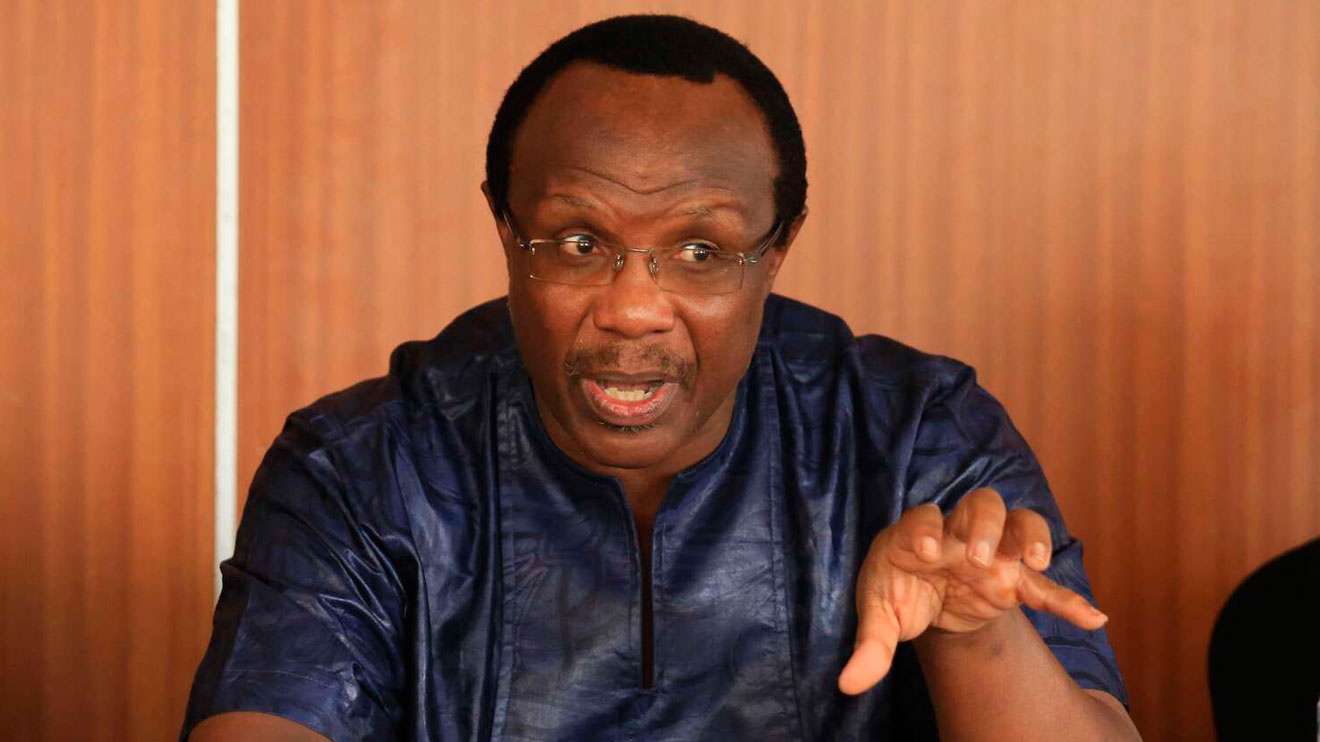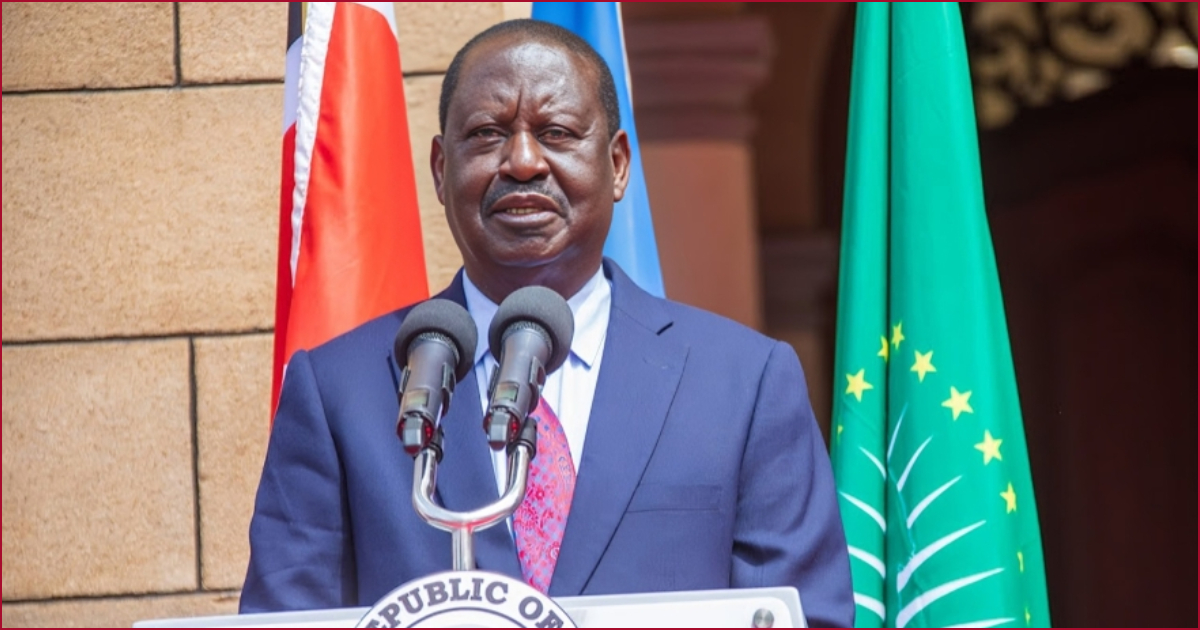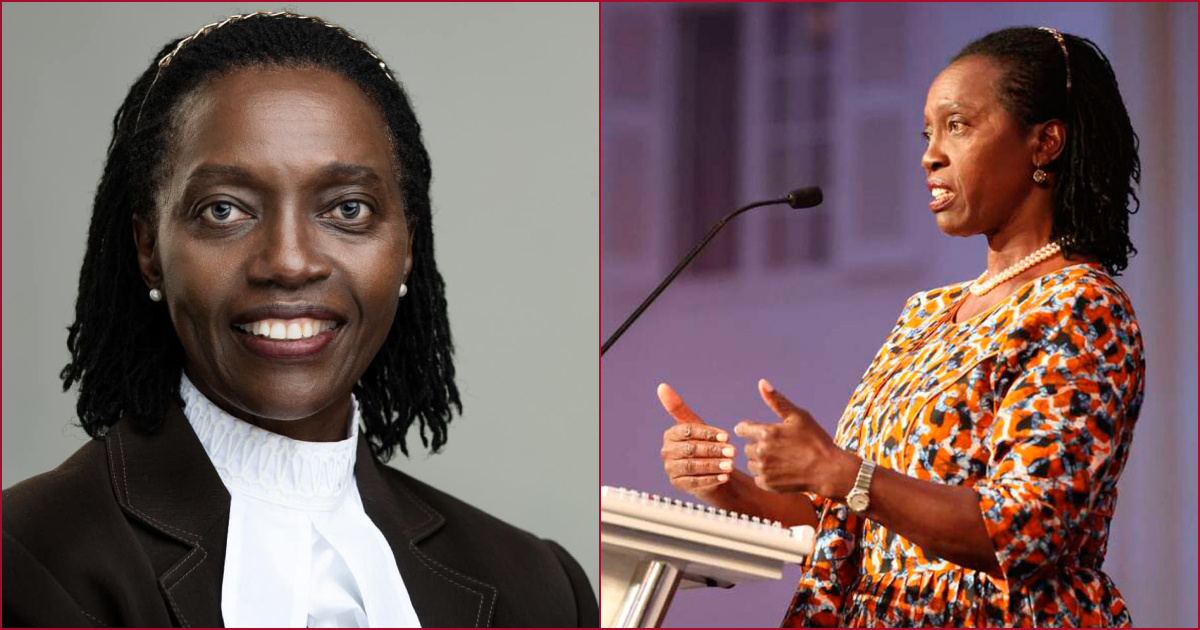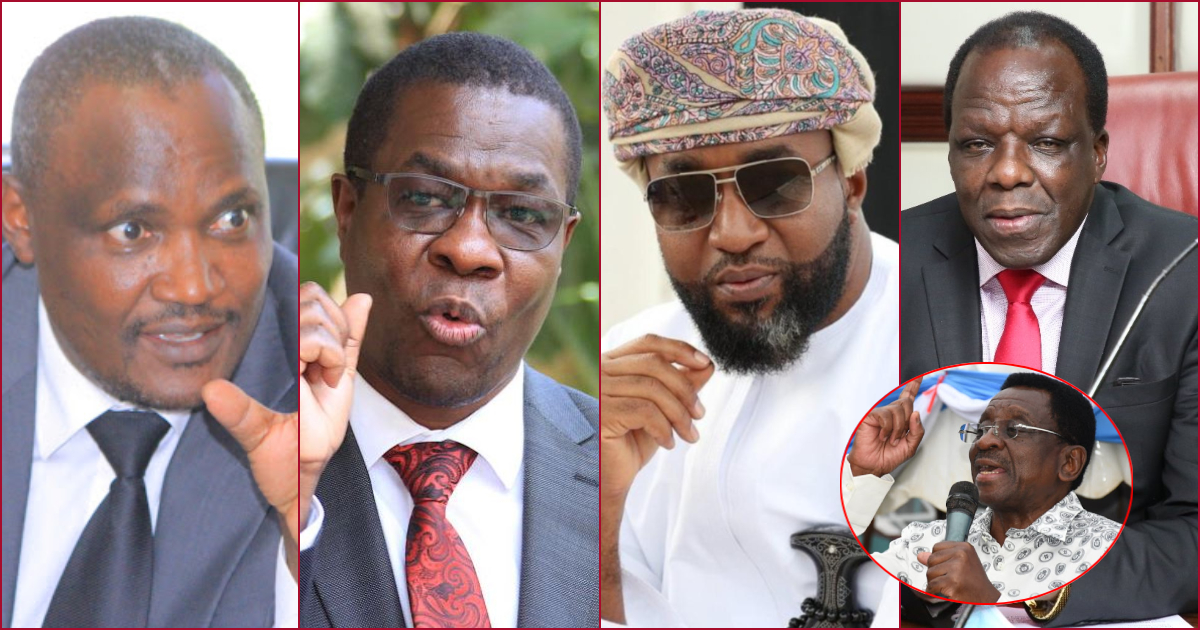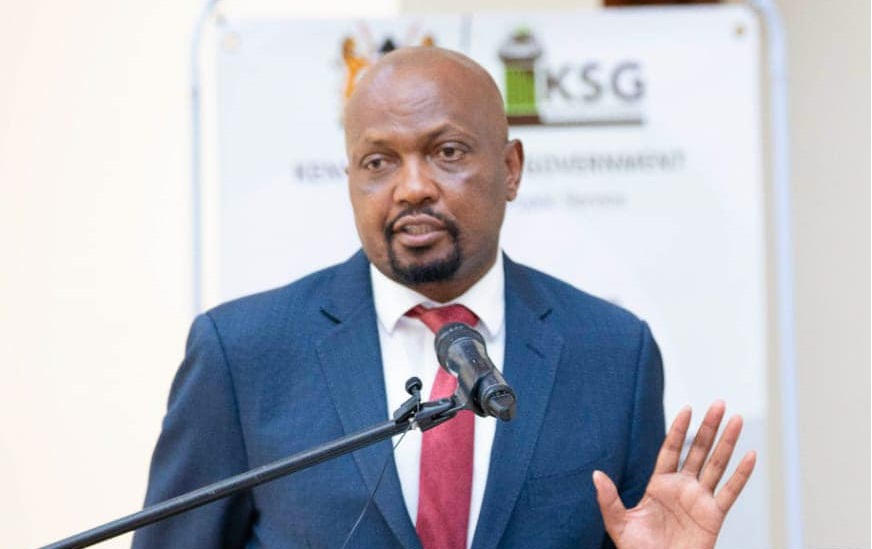The National Police Service (NPS) has enforced guidelines to govern police officers' conduct on social media.
In a post shared by DCI on Monday, June 10, the guidelines, which were contained in a gazette notice issued in June 2017, were meant to ensure professionalism and integrity by the members of the police service while posting on social media.
Here are the highlights of the guidelines:
Public comment on social media
NPS has set strict standards for its employees when using social media in a private capacity, especially if they identify themselves as NPS employees.
Read More
NPS restricted officers from making any official comment on social media about any incident, police policy or procedure without prior authorization and in accordance with the media policy.
The service disclosed that the Police Spokesperson will be responsible for representing the NPS externally on matters concerning communities, crimes, or policing.
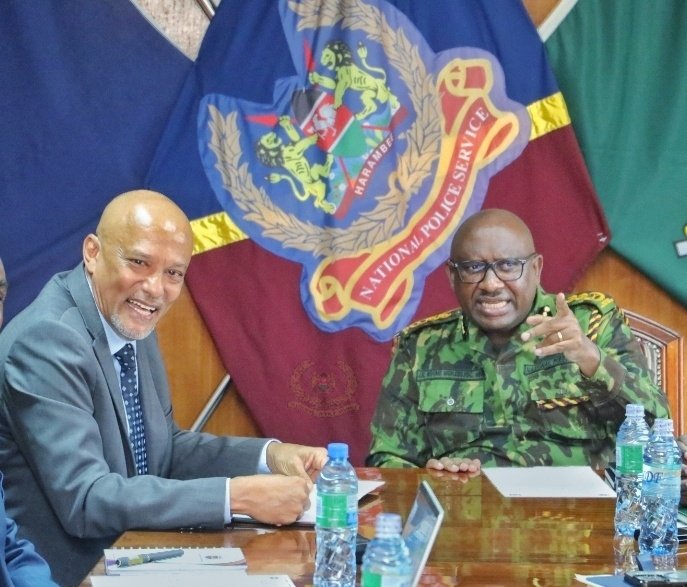
Public commentary as private citizens
NPS noted that police officers, as public citizens, will have the right to enter into public debates and comment on social, economic, or any other issue.
However, any comment by the officers will be made strictly as a private citizen and be separate from any reference to matters of employment with the NPS.
NPS further restricted offensive posts by officers such as racism, tribalism, or obscene content on their accounts.
Online activity by NPS employees
The NPS requires officers to behave honestly and in a way that upholds the values and good reputation of the police service, whether on duty or off duty.
The officers were further required to be clear in their posts, i.e., state whether it was a personal opinion, and avoid posting content that may discredit NPS, or embarrass the government.
The NPS guidelines further prohibit disclosing confidential documents, though linking to official documents is allowed.
Additionally, NPS officers must avoid commenting on ongoing investigations or making offensive remarks about the service or colleagues.
NPS restricted the unauthorized sharing of confidential materials, including training videos or police notes, by the officers.
The service further advised officers to remove any questionable material and seek guidance from senior officers if needed.
NPS added that officers contacted by the media about posts on their social media sites shall inquire from superiors and the police media relations office before responding.
The enforcement comes after a uniformed officer was captured collecting bus fare in videos posted on his personal social media account, a move that attracted a lot of mixed reactions.

